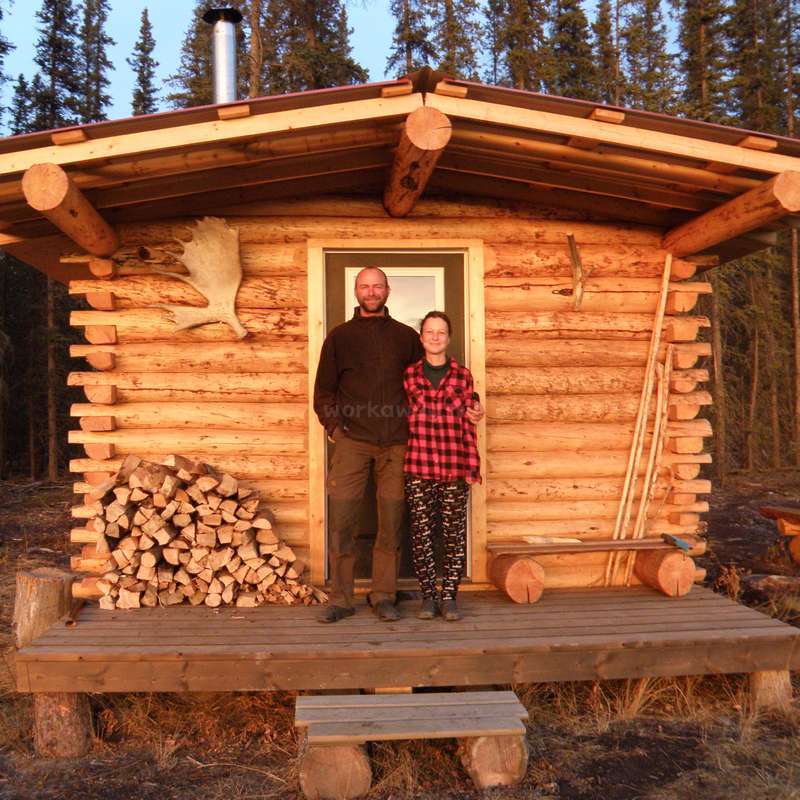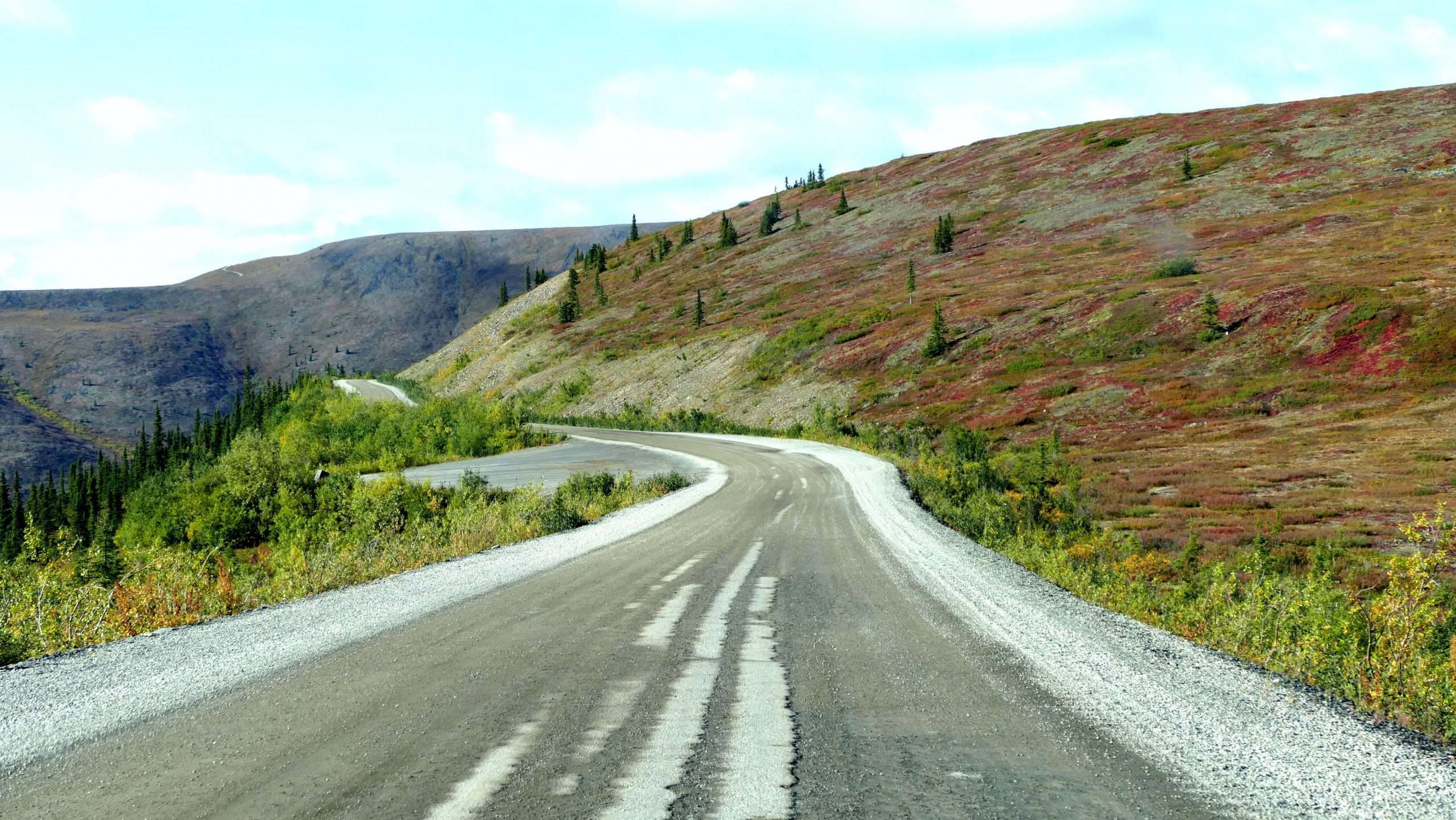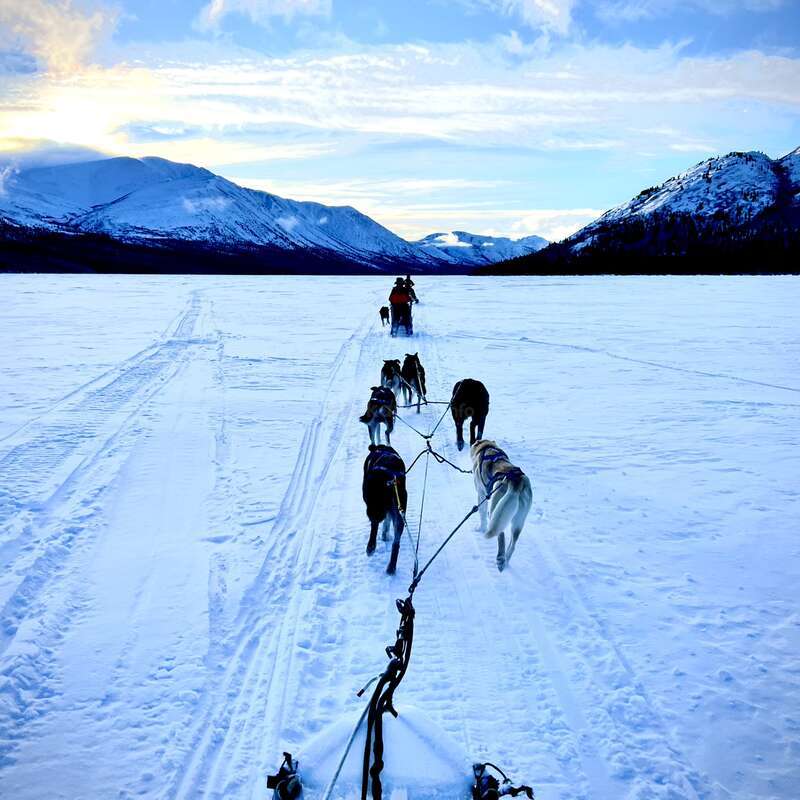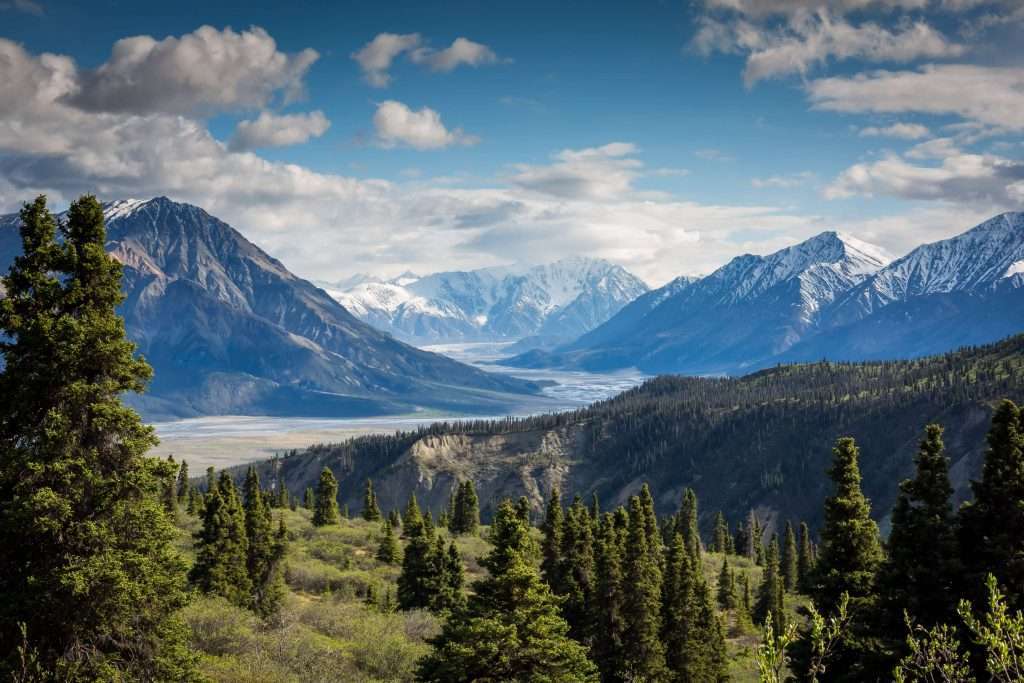Living off-grid in Yukon can be both a challenge and a rewarding experience. This province in western Canada boasts a low population density and has a rich history, including a past gold rush. However, the population has since declined, and off-grid living has become more common among those who were born and raised in Yukon or have experience in similar climates. While the cost of living and property prices are high due to the need for imported goods, there are also benefits to living off the grid in Yukon, such as the availability of freshwater and the diverse wildlife population. However, careful planning and consideration of the challenges and benefits are necessary for anyone looking to embrace this rugged and adventurous lifestyle in a pristine natural environment.

Challenges of living off-grid in Yukon
Living off-grid in Yukon presents several challenges that individuals need to consider and overcome. These challenges include the high cost of living and property prices, limited access to road infrastructure, the harsh subarctic climate, limited agricultural opportunities, and the occurrence of natural disasters. To successfully live off-grid in Yukon, careful planning and consideration are necessary.
High cost of living and property prices
One of the main challenges of living off-grid in Yukon is the high cost of living and property prices. Since Yukon has a low population density, there is a need for the majority of goods to be imported, which increases their prices. This can make basic necessities and materials more expensive, impacting the overall cost of living.
Additionally, property prices in Yukon can be steep, making it challenging for individuals to find affordable land to build their off-grid homes. This can pose a significant hurdle for those interested in living off-grid.
Limited access to road infrastructure
Another challenge of off-grid living in Yukon is the limited access to road infrastructure. Yukon is a vast and sparsely populated province, which means that road systems are limited, making it difficult to access remote areas. This can complicate transportation, especially during the harsh winters when roads may be closed or impassable.
This limited road infrastructure can also affect the delivery of essential supplies and services, requiring individuals to carefully plan and prepare for potential disruptions.
Harsh subarctic climate
Yukon’s subarctic climate is another challenge that individuals face when living off-grid. The province experiences long, cold winters and short summers, which can present difficulties in terms of maintaining a comfortable living environment and growing food.
The extreme cold temperatures can be detrimental to off-grid homes, requiring careful consideration of heating and insulation solutions. Additionally, the short growing season limits the types of crops that can be cultivated, affecting self-sufficiency in terms of food production.
Limited agricultural opportunities
Yukon’s climate and geographical conditions impose limitations on agricultural opportunities, posing another challenge for those living off-grid. The cold temperatures and short growing season make it difficult to cultivate a wide variety of crops.
However, despite these limitations, some individuals have found success in livestock farming, capitalizing on Yukon’s natural resources and diverse wildlife population. Raising livestock can provide a source of food and income, contributing to self-sufficiency in off-grid living.
Natural disasters
Living off-grid in Yukon also requires considering the potential occurrence of natural disasters. The province is prone to avalanches, wildfires, and earthquakes, which can pose significant risks to individuals and their homes.
Managing and mitigating these risks requires careful planning and preparedness. Having emergency plans in place, being knowledgeable about evacuation procedures, and investing in proper home construction and protection measures are crucial to ensure the safety and well-being of those living off-grid in Yukon.
Careful planning and consideration needed
To navigate the challenges of living off-grid in Yukon, careful planning and consideration are essential. Individuals need to thoroughly research and understand the unique aspects of the province, including its high cost of living, limited road infrastructure, harsh climate, limited agricultural opportunities, and the potential for natural disasters.
By taking these challenges into account and developing comprehensive plans, individuals can better prepare themselves for the off-grid lifestyle in Yukon. It is important to have contingency plans in place, access to necessary resources and supplies, and the ability to adapt and overcome the hardships that may arise.

Benefits of living off-grid in Yukon
Living off-grid in Yukon also presents several benefits that make it an attractive choice for those seeking a rugged and adventurous lifestyle. These benefits include the opportunity to experience a pristine natural environment, plentiful freshwater availability, a diverse wildlife population, opportunities for livestock farming, relatively cheap land, and a sense of self-sufficiency and independence.
Rugged and adventurous lifestyle
Living off-grid in Yukon offers a rugged and adventurous lifestyle that appeals to many individuals. The province’s vast landscapes, untouched wilderness, and remote locations provide endless opportunities for exploration and outdoor activities. From hiking and fishing to camping and wildlife spotting, there is never a shortage of adventures to embark upon.
Pristine natural environment
Yukon is known for its pristine natural environment, characterized by breathtaking landscapes, crystal clear lakes, and majestic mountains. Living off-grid in Yukon allows individuals to immerse themselves in this untouched beauty, enjoying the tranquility and serenity that only a remote natural setting can offer.
Plentiful freshwater availability
Access to freshwater is crucial for off-grid living, and Yukon provides ample opportunities for obtaining this essential resource. The province is home to numerous lakes, rivers, and groundwater sources, ensuring a continuous supply of clean and fresh water for those living off-grid.
Diverse wildlife population
Yukon boasts a diverse wildlife population, offering individuals the chance to observe and interact with a wide range of species. Caribou, wolves, moose, and various fish species are just a few examples of the wildlife that call Yukon home. Living off-grid provides a unique opportunity to appreciate and coexist with this diverse natural habitat.
Opportunities for livestock farming
While agricultural opportunities may be limited in Yukon, there are still opportunities for livestock farming. The province’s vast land and abundance of natural resources make it possible to raise livestock such as cows, goats, and chickens. Engaging in livestock farming can provide a source of food, income, and a deeper connection to the land.
Relatively cheap land
Compared to other regions, Yukon offers relatively cheap land options for individuals looking to live off-grid. The low population density and remote nature of the province contribute to more affordable land prices, making it more accessible for those interested in pursuing an off-grid lifestyle.
Sense of self-sufficiency and independence
Living off-grid in Yukon fosters a sense of self-sufficiency and independence. Relying on renewable energy sources, growing one’s own food, and becoming self-reliant in basic needs can instill a sense of empowerment and freedom. This self-sufficiency allows individuals to live on their terms, away from the constraints and dependencies of modern society.

Cost of living off-grid in Yukon
Living off-grid in Yukon comes with its own cost considerations. While the cost of land may be relatively cheap, there are other expenses to take into account. These expenses include the high cost of imported goods, the variability of expenses, and access to necessities and services.
High cost of imported goods
As mentioned earlier, the high cost of imported goods is a significant factor in the cost of living off-grid in Yukon. Due to the province’s remote location and low population density, the majority of goods need to be imported, increasing their prices. This includes everything from building materials and fuel to food and basic household items.
Those living off-grid in Yukon must budget accordingly and be prepared for the higher costs associated with purchasing necessary supplies.
Variability of expenses
Living off-grid in Yukon can also have variable expenses. The need for renewable energy systems, water collection and filtration systems, and other off-grid infrastructure can require a significant initial investment. However, these expenses can vary depending on individual preferences for sustainable technologies and how self-sufficient one wishes to be.
Additionally, ongoing expenses for maintaining and upgrading off-grid systems, such as solar panels and wind turbines, should be taken into consideration. It is essential to plan and budget for these potential fluctuations to ensure a sustainable off-grid lifestyle.
Access to necessities and services
Another cost consideration is the access to necessities and services when living off-grid in Yukon. The limited road infrastructure and remote nature of the province can make it challenging and more expensive to access everyday necessities, medical services, and other essential services.
Individuals living off-grid need to be prepared for potential additional costs associated with transportation, such as fuel and vehicle maintenance. They should also account for potential travel expenses when accessing specialized services or facilities that may not be available locally.
Overall, the cost of living off-grid in Yukon can be higher than in more densely populated areas due to the need for imported goods and the additional costs associated with self-sufficiency and remoteness. However, with careful planning, budgeting, and an understanding of the potential expenses involved, individuals can successfully navigate these financial challenges.





